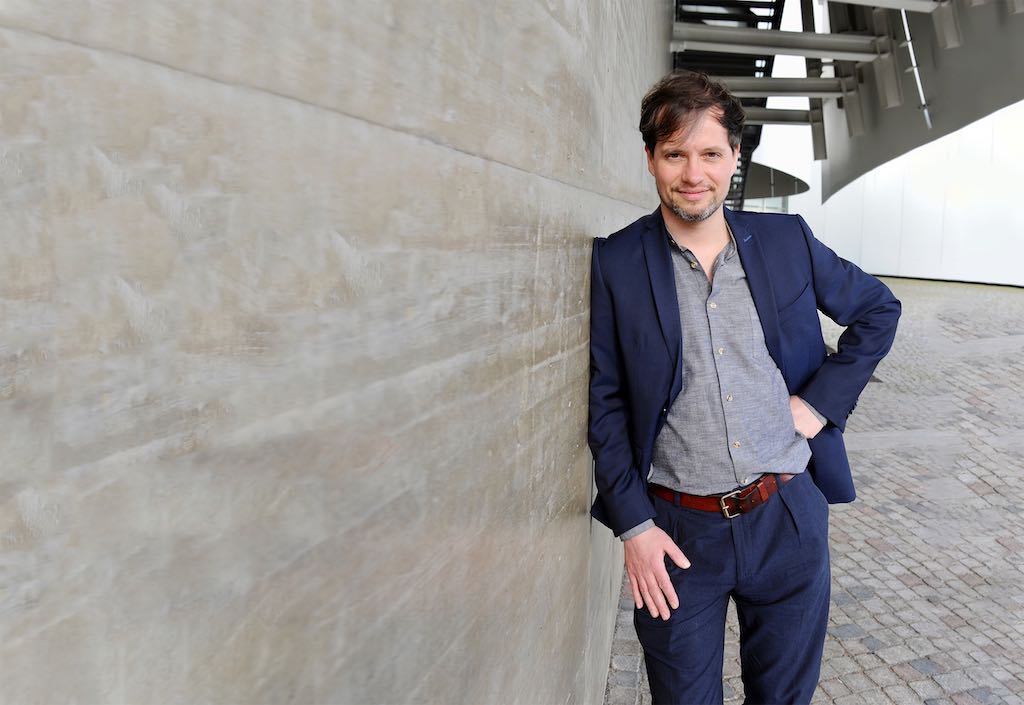
Your goal: to make your development project climate resilient
The Challenges:
- Your key stakeholders doubt the added value of climate change adaptation measures
- It is difficult to apply complex climate information to the context of your stakeholders
- Local experts lack the capacity to develop climate change scenarios for planning purposes
Does this sound familiar?
With my experience as a climate modeler and project consultant, I can support you in making your project truly sustainable.
Selection of Clients
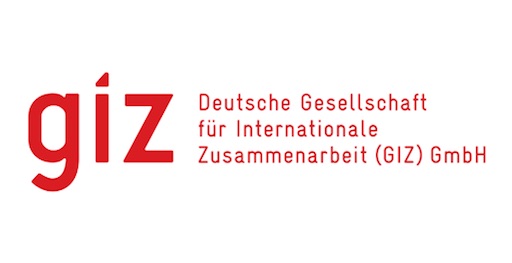






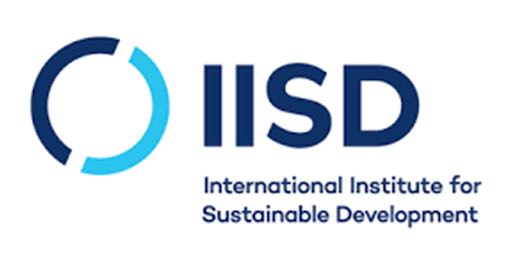
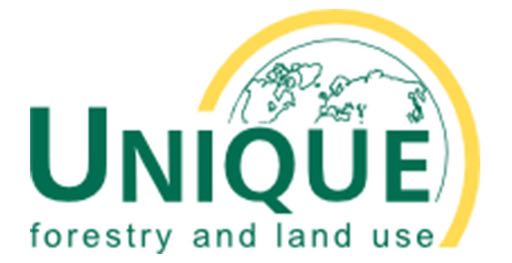
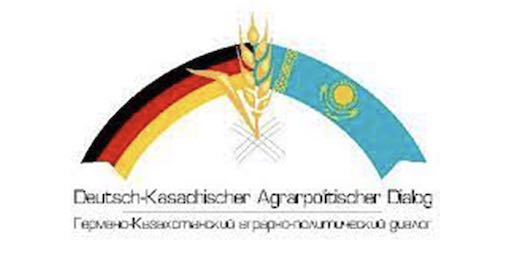
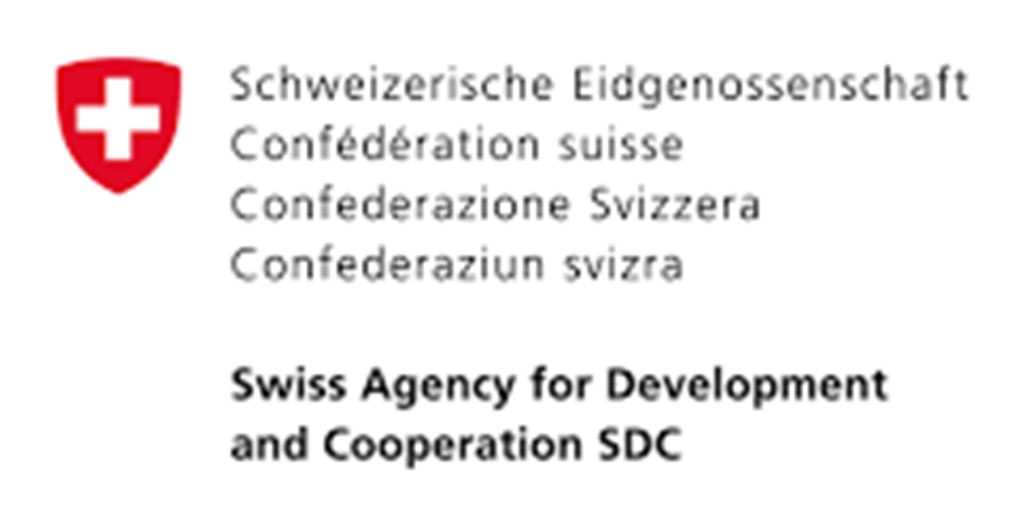
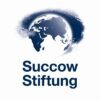
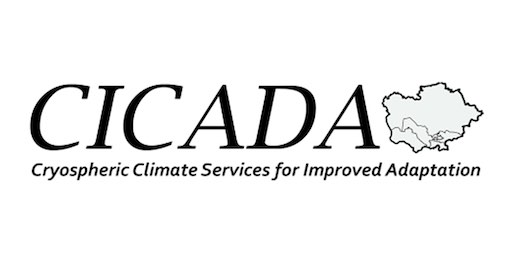

Support your target group in building more climate resilience
With effective climate change communication to stakeholders, magical things can happen: mindsets change, engagement emerges, processes take shape, and impacts unfold.
Using my experience as a climate modeler and project consultant, I provide robust and practical knowledge on climate risks and solutions to support decision-making processes and empower local technical experts.
Clearly, standard and isolated solutions are not enough; you need courageous visions and actions tailored precisely to your needs. To make that possible, I provide the latest scientific knowledge specific to your context and ensure its effective communication to your stakeholders. That is my promise to you.
My services to build more climate resilience:
1.
Effective Communication
Your Benefit:
Raised awareness among stakeholders to initiate processes for climate adaptation
2.
Climate risk assessment
Your Benefit:
knowledge of Climate risks and solutions to enable and accelerate planning processes
3.
Capacity Development
Your Benefit:
A Strengthened institutional landscape to enable sustainable information-sharing mechanisms
What My Clients Say:
Robert's provision of climate information helped us to identify agricultural species and practices that remain robust under different climate scenarios.
He discussed with farmers first-hand which climate change phenomena they are already experiencing and linked climate projections with existing vulnerabilities. Identifying climate change adaptation strategies is not a straightforward process.
Many factors come into play, such as preexisting vulnerabilities, community culture, and eating habits, as well as legal frameworks. Robert excellently guided the team through this process of identifying risks and opportunities while navigating the uncertainties.
Nicole Pfefferle
Project Manager in Tajikistan,
Global GIZ project on biodiversity and
ecosystem services in agrarian landscapes
Global GIZ project on biodiversity and
ecosystem services in agrarian landscapes
Adaptation to climate change as part of comprehensive risk management is a highly complex task that requires on the one hand a deep understanding of physical climate models and on the other hand a systemic understanding and locally adapted flexible solution mechanisms.
Dr. Robert Bierkandt brings a corresponding mix of qualifications and approaches to his consulting approach that is rare in the respective consulting industry.
He is an excellent climate scientist who understands the models behind climate projections and is able to classify their validity. At the same time, he has been deeply involved with approaches of systemic organizational development in the various roles of his development as a consultant.
Joint learning with clients and supporting their capacity development is the focus of his consulting work. Thus, his consulting philosophy emphasizes one of the most important factors of successful adaptation measures to climate change: the establishment of constant learning processes and feedback mechanisms.
In our manifold cooperation with Robert we have come to a strategic further development of a holistic climate policy (mitigation-adaptation nexus) and to an evolution of our understanding of ‘climate information’ towards a systemic approach of ‘climate services’. In the respective consulting constellations, Robert and his immediate clients have always succeeded in developing functioning science-policy interfaces.

André Fabian
Head of Project
German Society for International Cooperation (GIZ)
Support of effective NDC Implementation and Ambition Raising in IKI Partner Countries
German Society for International Cooperation (GIZ)
Support of effective NDC Implementation and Ambition Raising in IKI Partner Countries
Dr. Bierkandt's creative hypotheses and assumptions let us initiate a national-level discussion on NAP [National Adaptation Plan] processes. The institutional arrangements suggested by Dr. Bierkandt have been highly valued by the Ministry responsible for climate policy and are used as the main guiding concept for integrating climate adaptation at the sub-national level. I would like to highlight Dr. Bierkandt’s creative and adaptive approach to problem-solving, prioritizing our partners’ needs and finding working solutions. I can point out his dedication to exploring and understanding the relationships and dynamics in a governance system.
Dana Yermolyonok
Country Coordinator in Kazakhstan,
Regional GIZ program on ecosystem-based adaptation
to climate change in high mountainous regions of Central Asia
Regional GIZ program on ecosystem-based adaptation
to climate change in high mountainous regions of Central Asia
I believe that with Dr. Bierkandt’s support, we were among the first international projects to emphasize the importance and urgency of adaptation to the negative impacts of climate change. Collaborating with Dr. Bierkandt was a true pleasure as he has proved himself to be an outstanding coach with solid knowledge in the field of climate change. It is important to highlight that Dr. Bierkandt is one of the few coaches who are ready to fully immerse in the assignment and implement training activities in the best possible way. His approach was different from what we usually expect from traditional ways of delivering a training: Robert ensured that participants could work independently to reveal their hidden potential and gave them the opportunity to reflect on a topic quite new for them.
Maya Ashirova
Country Coordinator in Turkmenistan,
Regional GIZ program on sustainable and climate sensitive land use for
economic development of Central Asia
Regional GIZ program on sustainable and climate sensitive land use for
economic development of Central Asia
Dr. Robert Bierkandt was the speaker at the seminar “Sustainable development in agriculture in the context of climate change“. Although the participants from ministries, research institutions and NGOs dealt with the issue in different ways, he excellently succeeded in presenting the topic in such a way that all participants were able to find common ground in the seminar.
Jörg Dinkelacker
Project Manager in Kazakhstan,
German-Kazakh Agricultural Policy Dialogue
German-Kazakh Agricultural Policy Dialogue
From my experience in GIZ Robert Bierkandt was one of the most professional and easy-going persons/ experts I had a pleasure to work with.
Maya Ashirova
Country Coordinator in Turkmenistan,
Regional GIZ program on sustainable and climate sensitive land use for
economic development of Central Asia
Regional GIZ program on sustainable and climate sensitive land use for
economic development of Central Asia
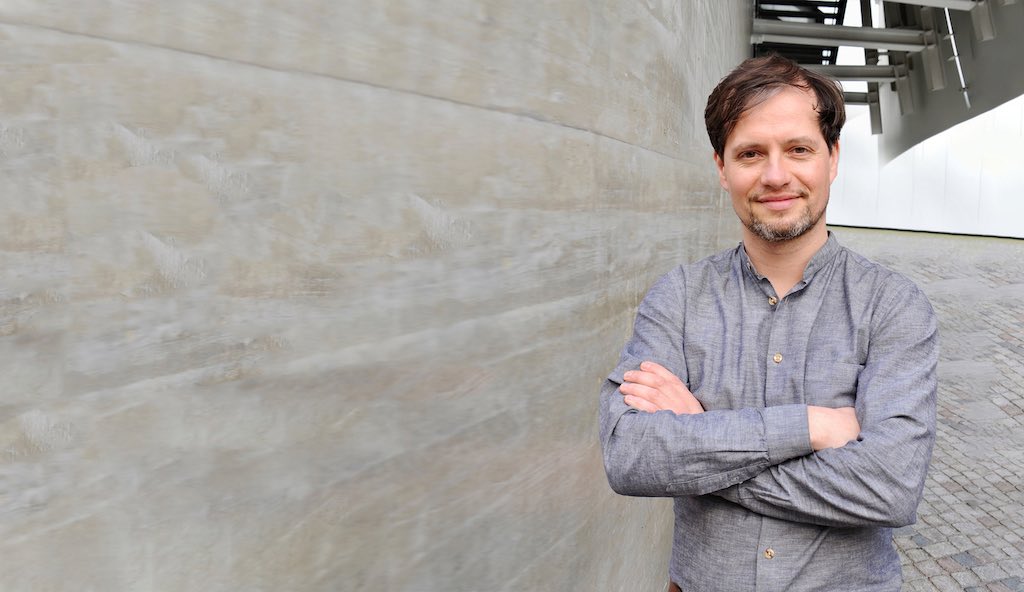
Who is Robert Bierkandt?
Dr. Robert Bierkandt is an expert in modeling climate change and building resilience to its impacts. He supports development projects by enabling stakeholders to become climate resilient through effective communication, knowledge provision, and capacity development.
Robert’s work is focused on creating fruitful cooperation between projects and stakeholders to enable sustainable and resilient economic development.
He knows what decision makers need, what the latest scientific findings are, and how to harness them for climate-resilient planning. Robert’s approach is focused on effective knowledge provision and communication. He is passionate about using his 10 years of experience for the benefit of his clients.
Since completing his physics studies in Berlin, Barcelona and Nairobi, Robert has been working in the field of climate change and consulting – first at renowned institutions such as the Potsdam Institute for Climate Impact Research (PIK), Mercator Institute for Global Commons and Climate Change (MCC) in Berlin and UC Berkeley, and later as an integrated expert for the German Development Cooperation in Central Asia.
Robert’s vision for development projects is to unlock, frame, and communicate key scientific knowledge to achieve crucial climate resilience together with all stakeholders.
Do you want to build resilience to climate change based on the latest scientific knowledge?
Arrange a free meeting to clarify:
- Options for effectively communicating climate change in order to initiate climate resilience processes with your stakeholders
- My approach to effectively obtain and provide robust and applicable knowledge on climate risks and solutions for decision-making processes
- Options on how to develop capacities to enable local experts to provide climate change scenarios for planning processes
